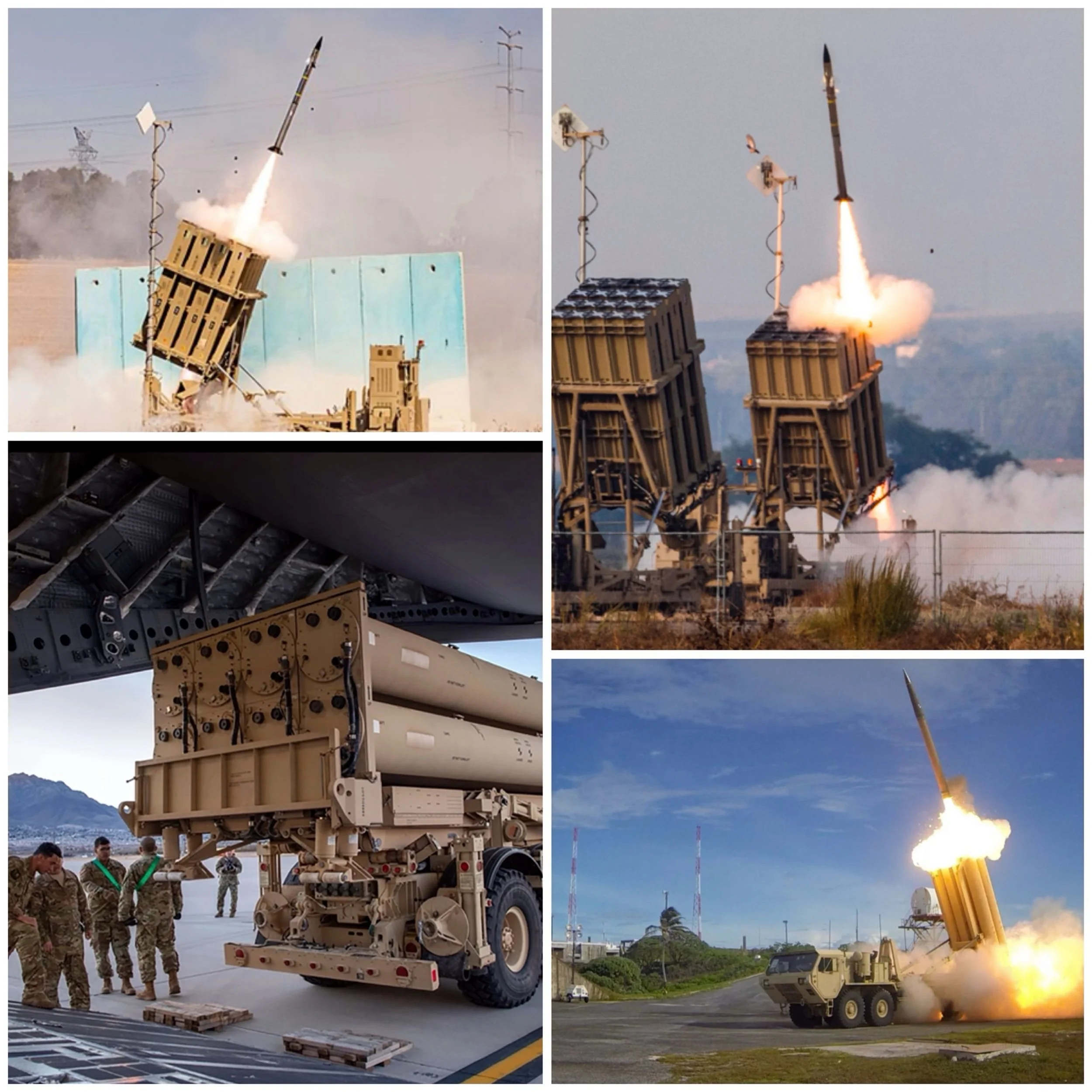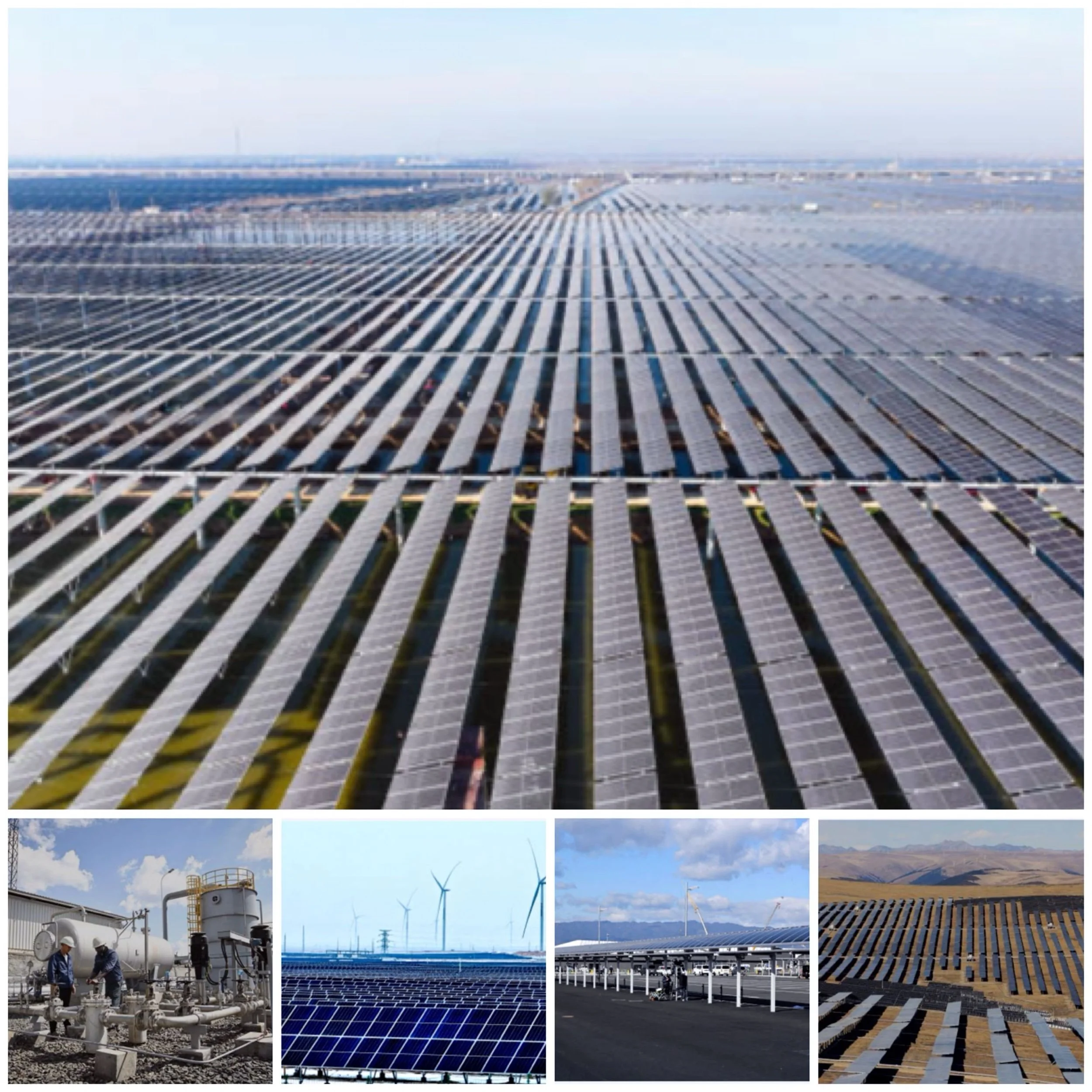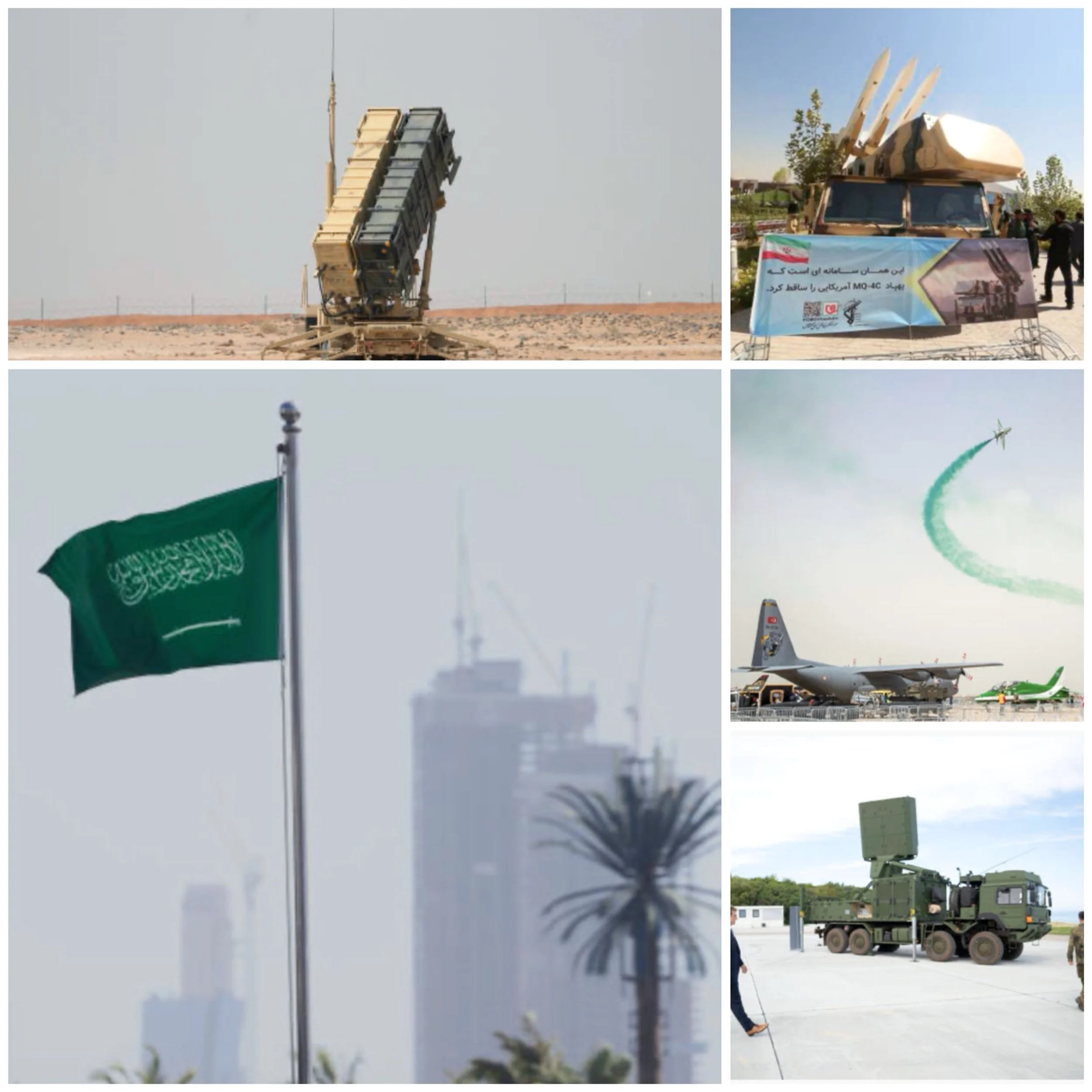What are key differences between US thaad and Iron dome missile system
Introduction
The Terminal High Altitude Area Defense (THAAD) system and Israel’s Iron Dome are both missile defense systems, but they have several key differences in their capabilities, design, and intended use:
Range and Altitude
THAAD:
Intercepts missiles at ranges of 150 to 200 kilometers (93 to 124 miles)
Can operate both inside and outside Earth’s atmosphere, reaching altitudes up to 150 kilometers (93 miles)
Iron Dome:
Intercepts short-range rockets at ranges of 4 to 70 kilometers (2.5 to 43.5 miles)
Operates at lower altitudes, up to 10 kilometers (6.2 miles)
Target Types
THAAD:
Designed to intercept short-, medium-, and intermediate-range ballistic missiles
Effective against high-speed ballistic threats
Iron Dome:
Primarily targets short-range rockets, artillery shells, and mortars
Also has some capability against aircraft, drones, and cruise missiles
Interception Method
THAAD:
Uses kinetic energy to destroy targets (hit-to-kill technology)
Does not carry explosive warheads
Iron Dome:
Uses explosive warheads to destroy targets
Cost
THAAD:
Interceptors cost approximately $10 million each
A full battery costs around $1 billion
Iron Dome:
Interceptors (Tamir missiles) cost about $50,000 each
System Components
THAAD:
A standard battery includes 95 personnel, six truck-mounted launchers, 48 interceptors, one AN/TPY-2 radar system, and a command and communication unit
Iron Dome:
Typically consists of three to four launchers with 20 interceptors each, radar, and a battle management control system
Deployment and Mobility
THAAD:
Highly mobile, can be rapidly deployed worldwide
Iron Dome:
Designed for quick relocation and setup within Israeli territory
Origin and Development
THAAD:
Developed by the United States (Lockheed Martin and Raytheon)
Iron Dome:
Developed by Israel (Rafael Advanced Defense Systems and Israel Aerospace Industries) with some U.S. support
Conclusion
These differences reflect the systems’ distinct roles in missile defense, with THAAD focusing on higher-altitude, longer-range threats, while Iron Dome is optimized for shorter-range, lower-altitude interceptions in Israel’s specific security context.






